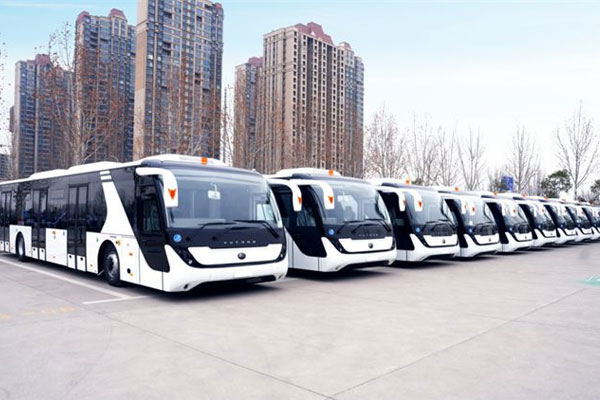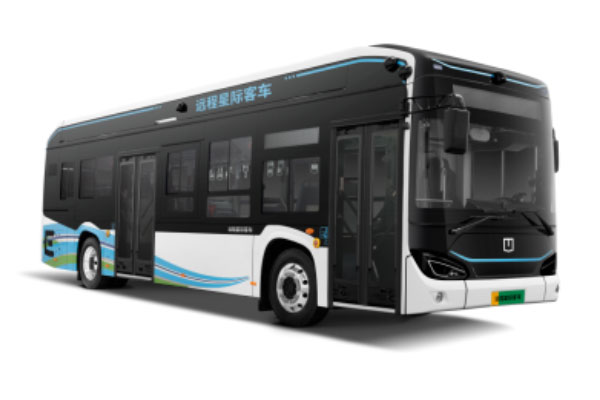Domestics Have Gained in Market Share, But not in Competiveness
30 July 2009
Benefiting from the tax incentives for small displacement vehicles, Chinese automakers have reclaimed the largest share of the domestic passenger vehicle market this year.
That's a pretty impressive achievement.
But what is unimpressive about the domestics is few of them have developed models that can compete with those built by their international competitors.
Domestic Chinese automakers are mainly micro and subcompact car makers.
That makes them the main beneficiaries of a tax incentive policy - a 50 percent purchase tax cut the government enacted in January for vehicles with engine displacement of 1.6 liters and below.
Thanks to the tax incentive, domestics have regained the largest share of their home passenger vehicle market this year after losing it to Japanese brands in 2008.
In the first six months, Chinese brands grabbed a 28.8 percent of the market. Combined sales surged 28 percent year-on-year to 1,079,315 units, according to Automotive Resources Asia (ARA), a J.D. Power unit.
They are trailed by the Japanese with 26.4 percent of the market. Then come the Europeans with 22.1 percent, the Americans with a 12 percent and the Koreans with 10.3 percent.
But in spite of their strong sales volume growth, the domestics have made scant progress towards strengthening their competitive position either at home or abroad.
Their territory is still confined to the low-end of the domestic market with vehicles typically selling for no more than 60,000 yuan ($8,785). And they still have difficulty penetrating major domestic cities like Shanghai and Beijing.
Most domestic Chinese automakers are still busy churning out the lookalikes of international models.
Some of them like BYD Auto Co. have proved to be very good at it. BYD's F3 subcompact, which copies Toyota Motor Corp.'s Corolla in styling but sells for only half price of the Japanese model, ranks second among the best selling models in its segment.
Outside China, the domestics are still focusing their efforts on exploring other emerging markets. None of them are getting any closer to selling to developed markets such as Europe and America.
To be sure, several Chinese automakers are seeking to move upscale with the launch of pricier models.
Later this year, Geely Holding Group Co. will start selling the first model carrying its newly created Emgrand sub-brand with a starting price of around 80,000 yuan ($11,713). BYD, meanwhile, plans to launch its first convertible priced above 165,800 yuan ($24,275).
But this area of the market is already experiencing some of the fiercest competition between automakers anywhere in the world. And Chinese brands are still largely perceived as inferior in quality; a low cost option for those who cannot afford a western or Japanese model.
The acceptance of these two models on the domestic market, therefore, is far from assured.
Source : internet
Views:6240
Tags: Domestics Market Share Competiveness








